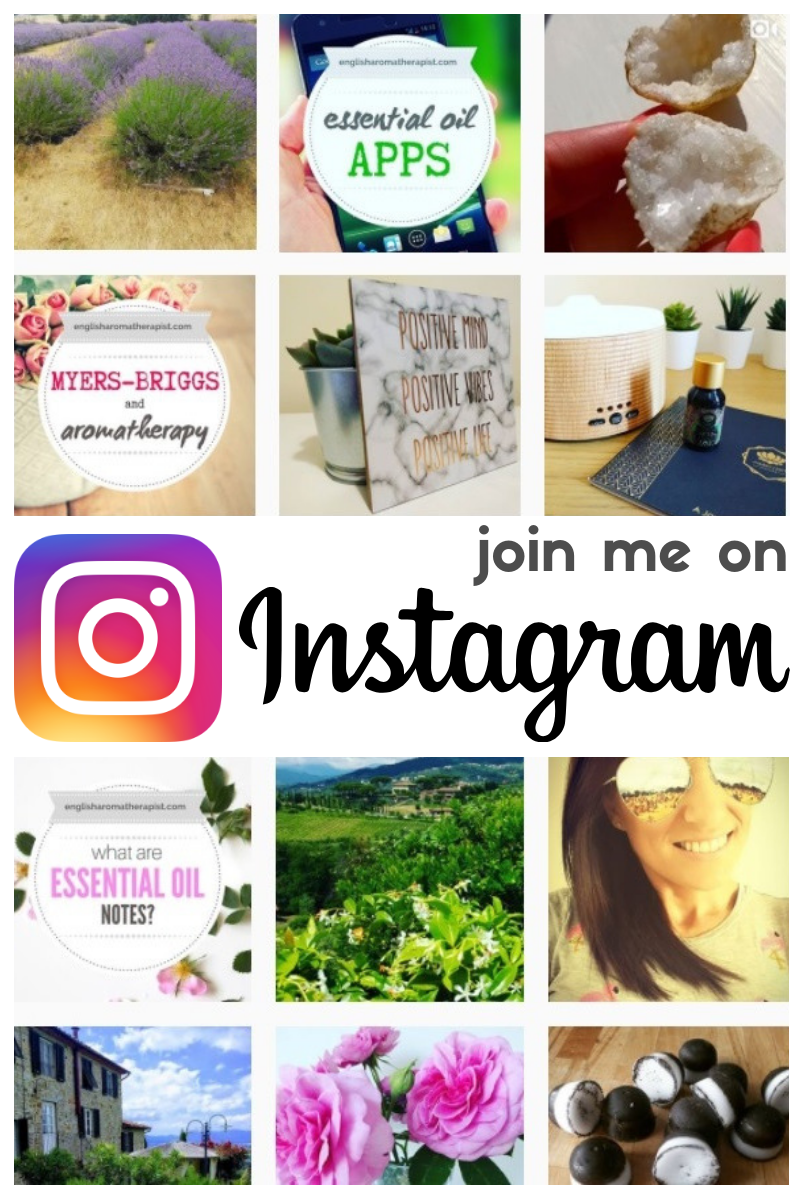GRAS essential oils: Safe to ingest?
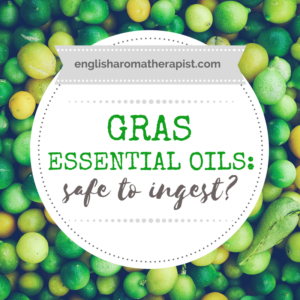
I’ve previously written why I don’t believe it’s safe to drink essential oils in water or casually ingest them on a regular basis. Internal use is never something that’s considered lightly by professional aromatherapists. The promotion of casual ingestion is a worrying trend that appears to be sweeping the internet.
One of the most common arguments in favour of ingesting essential oils is that some are GRAS registered. Is this a green light for internal use? Should we start knocking back the lemon oil, as if it’s lemonade?
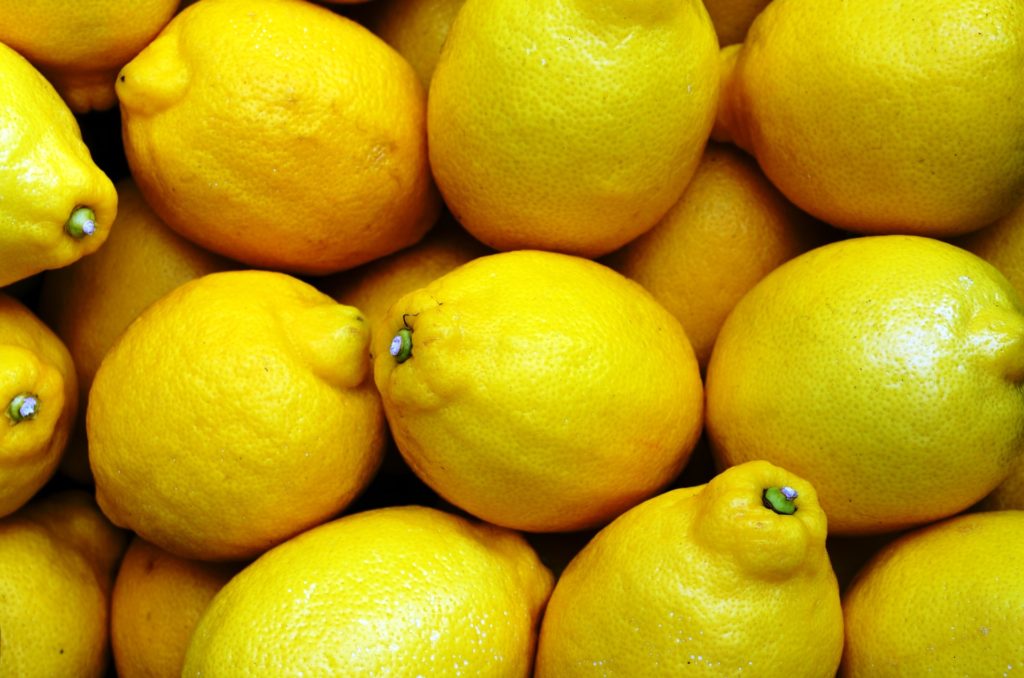
Short answer: No.
Sure, essential oils are commonly used as flavourings in the food industry. You’ll find many essential oils on the FDA’s GRAS (Generally Recognized As Safe) list. Does this mean it’s fine to casually ingest these oils at home? Not at all!
These GRAS guidelines are measured in parts per million! To give you an idea, 1 part per million is roughly equivalent to one drop in 50 litres (more than 150 cans of Coca-Cola). When we consume them in manufactured food and drinks, we’re ingesting minuscule amounts. This is completely different to adding whole drops to our glass of water at home! (FYI, you are not ‘diluting’ the oil in the water – oil and water don’t mix!)
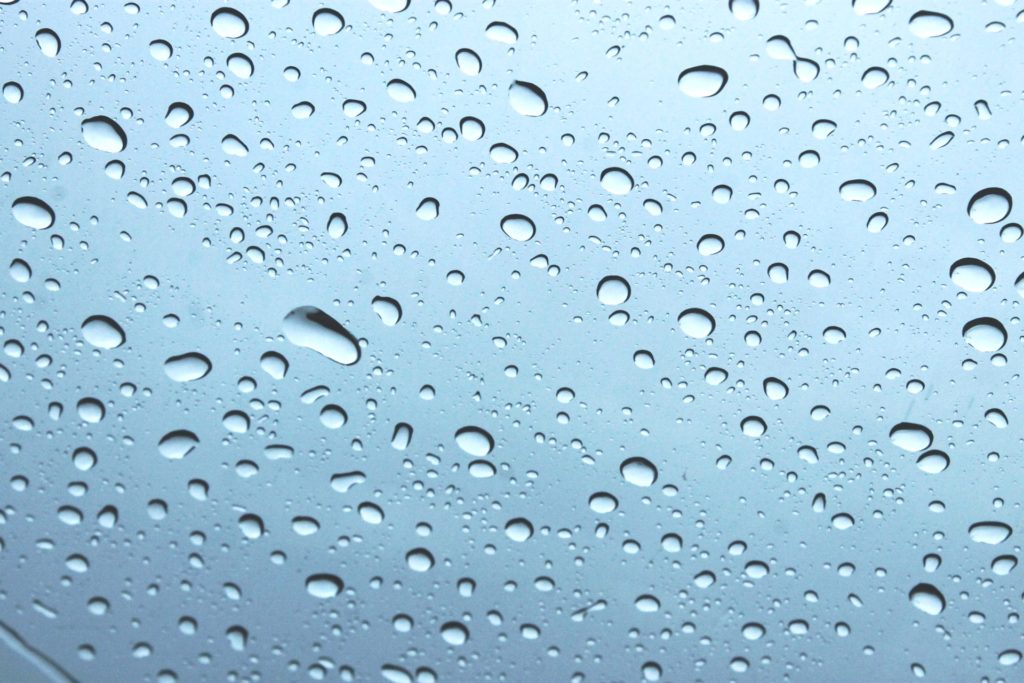
It is highly unethical to suggest that, because essential oils are used as food flavourings, it’s safe to casually ingest them at home. But it does mean that you’ll use up your bottles of oil much faster, and need to order more…no wonder this myth keeps recirculating!
All it means is that GRAS essential oils are considered to be safe to use as food flavourings. It’s highly misleading to suggest this means they’re totally safe to consume on their own, or in significant quantities. An essential oil can be classed as GRAS within specified limits – this doesn’t mean it’s safe for unlimited consumption.
Honestly, there’s no need to drink your essential oils. They offer zero nutritional value and you’re risking some potentially serious internal consequences. Just add a slice of real lemon or fresh herbs to your glass of water instead!
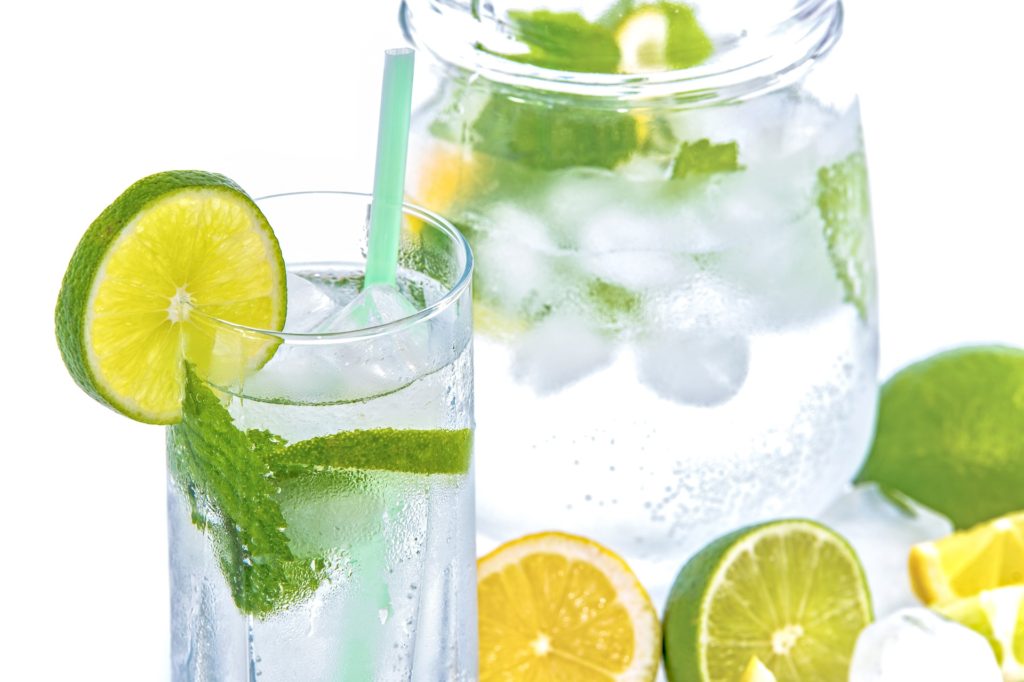
One drop of essential oil in your glass of water might seem like a tiny amount – but this is vastly more than you would normally consume in everyday food flavourings. Read the latest Aromatherapy Injury Report for an insight into some of the nasty internal side effects that can occur from essential oil ingestion.
Think about who is promoting this advice. Who do you trust more – an MLM sales rep, or the entire professional aromatherapy industry? Phrases like “I’ve been ingesting oils for years, and I’m still alive!” are completely meaningless. You have no idea what kind of internal damage you may have already done, or what the long-term effects will be. It doesn’t mean it’s SAFE just because there are no obvious immediate symptoms!
You’ll often hear people say “Well, certified aromatherapists can prescribe essential oils for internal use, so it MUST be safe!” No – this is not the same thing. Essential oils are not commonly prescribed for internal use. This is something that is only done occasionally, in limited circumstances and only after undertaking a thorough consultation with the client. To suggest that this makes it acceptable for people to randomly ingest essential oils on a daily basis is plain wrong. And, contrary to popular belief, it is not commonplace in France – the assertion of ingestion being the ‘French method’ is completely misleading (Read more about this here)
I’ve never found a pro-ingestion article, book or study that doesn’t derive from an MLM source. To find out more, read this article.
So, how do these MLM brands get away with labelling some of their essential oils as “for consumption”? Well, they are classed as “dietary supplements” – which, according to US law, do not have to be approved for safety or effectiveness by the FDA. Don’t be fooled by these separate “dietary” ranges of essential oils. It doesn’t mean they’re any more safe to liberally ingest than any other oils.
Further reading:
Robert Tisserand interviewed on ingestion, dilution and other safety issues
Essential oils and GRAS – What it really means
Is it Safe to Ingest Essential Oils? What the Sales Reps Aren’t Telling You!
Can essential oils be ingested?
Top 10 Truths About Essential Oils
2016 Aromatherapy Injury Report
What to do when friends give bad advice
What to read next: The Truth About Drinking Essential Oils In Water
Follow me on...
Share this on...
